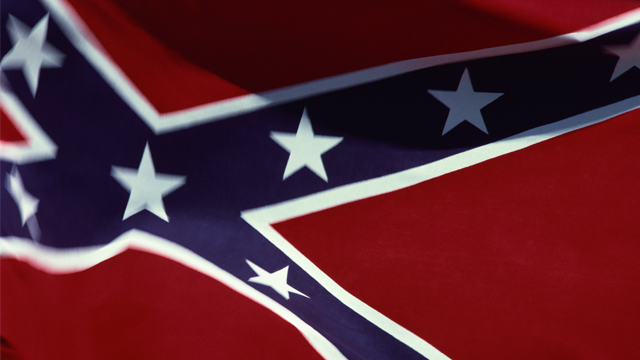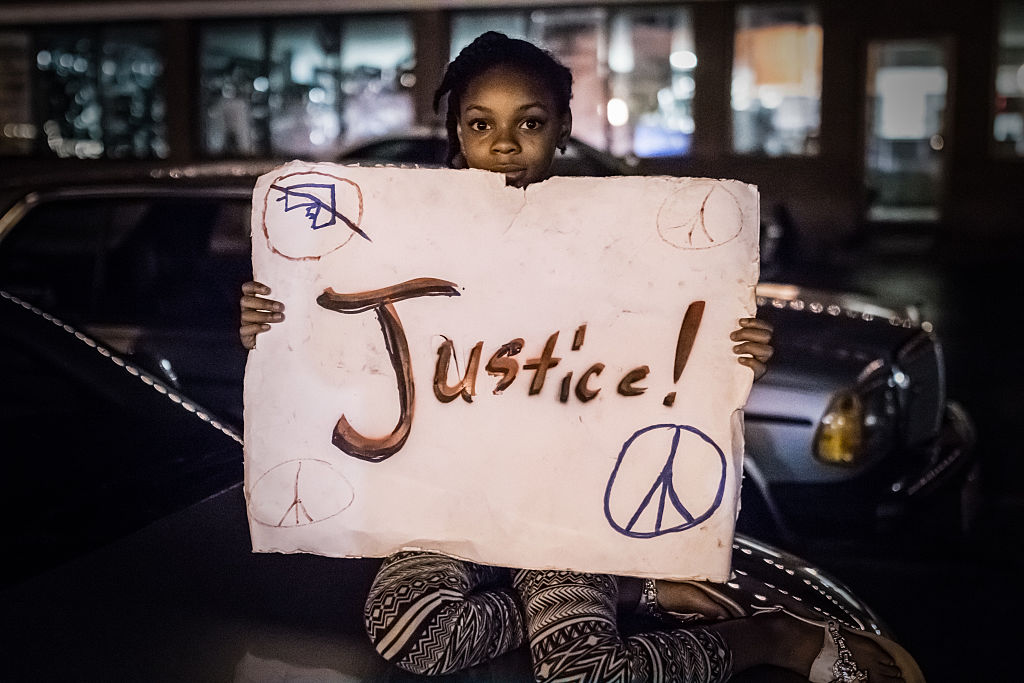
Source: Caroline Schiff / Getty
In recent years, the news cycle has been dominated by high-profile cases involving Black celebrities who have been accused or convicted of heinous acts. Cases like those involving R. Kelly, Bill Cosby, Russell Simmons, and most recently Sean “Diddy” Combs, have dominated headlines for years, drawing significant public interest and debate. And they should have, given the role these men play in society. But to what extent does our focus on bad or terrible acts of celebrities distract us from the most brutal of crimes—those done by white America to Black Americans? What if there were as many articles and discussions about reparations for Black people are there around Diddy?
It’s critical to hold individuals accountable for their actions, but it is no less critical–and I would argue perhaps moreso, to hold a whole society of individuals accountable for their actions.
The case for reparations is deeply rooted in the history of slavery and systemic racism in the United States. Despite the end of slavery over 150 years ago, Black Americans have continued to face systemic barriers that impede their social and economic progress. Reparations are seen as a necessary step to address the enduring consequences of these injustices, including the racial wealth gap, educational disparities, and health inequalities.

Source: Thinkstock
Moreover, white people today live on the dividends of their ancestors’ thievery. Focusing on policy issues such as reparations is crucial for effecting meaningful change. Unlike the transient drama of celebrity scandals, policy changes have the potential to create lasting impacts that can address systemic inequities and improve the lives of millions of Black Americans. Advocacy for reparations involves pushing for legislative and societal changes that recognize and rectify historical injustices.
As reported by NPR, a Michigan church led the charge to raise the issue of reparations as far back as 2020. Instigated by the murder of George Floyd, Lansing resident Willye Byran went to her pastor and started the Justice League of Greater Lansing. Since then, the league has raised over $400,000 to build advocacy support for the case of reparations for Black Americans.
Other nations have shown that reparations can work, including South Africa, Peru, and Columbia, according to Axios. However, arguments against reparations in the United States continue to keep the issue from moving forward on a federal level.
A 2021 report from the Pew Research Center showed a poll that more than three quarters of white Americans oppose reparations for Black Americans—which means liberal and nonliberal, Democratic and Republic. But Republicans have likely been most vocal. In 2019, Mitch McConnell, then the Senate Majority Leader, asserted that the government should not give Black people reparations, as reported by CNN.
“I don’t think reparations for something that happened 150 years ago for whom none of us currently living are responsible is a good idea,” McConnell said. He, his colleagues, and many white Americans don’t want to be held accountable for something they didn’t do personally. But they personally continue to benefit from the financial and systemic aftermath of slavery, while Black Americans continue to endure the prejudice, trauma, and financial inequities of slavery.

Source: NurPhoto / Getty
But that’s not the only thing Pew found. Surveying Black people after they surveyed others, in 2022, they found that more than three quarters of Black Americans support reparations. And fully 85% of Black adults believe that slavery’s legacy harms them today.
Shifting incessant focus from celebrity scandals to reparations can empower the Black community to engage in more meaningful discussions about justice, equity, and economic empowerment. It encourages a focus on collective well-being and long-term solutions, rather than getting caught up in the fleeting controversies surrounding individual celebrities.
But the intense focus on celebrity scandals over broader and ongoing social harms and injustices frame the debate as individual vs. individual, when what is often killing Black people are the actions of the many, targeting the lives of the many.
While accountability for individuals, it should not allow us to lose focus on how to hold accountable those who committed and / or benefitted from perhaps the greatest crime the world has ever seen” the centuries long enslavement of ongoing oppression and exploitation of, Black people.
SEE MORE:
For Black People, Reparations Are About More Than Slavery
White People Deserve Reparations For Fighting Civil War, GOP Candidate Says
The post Maintaining Focus: Reparations And Black Celebrity Crimes appeared first on NewsOne.
Maintaining Focus: Reparations And Black Celebrity Crimes was originally published on newsone.com












